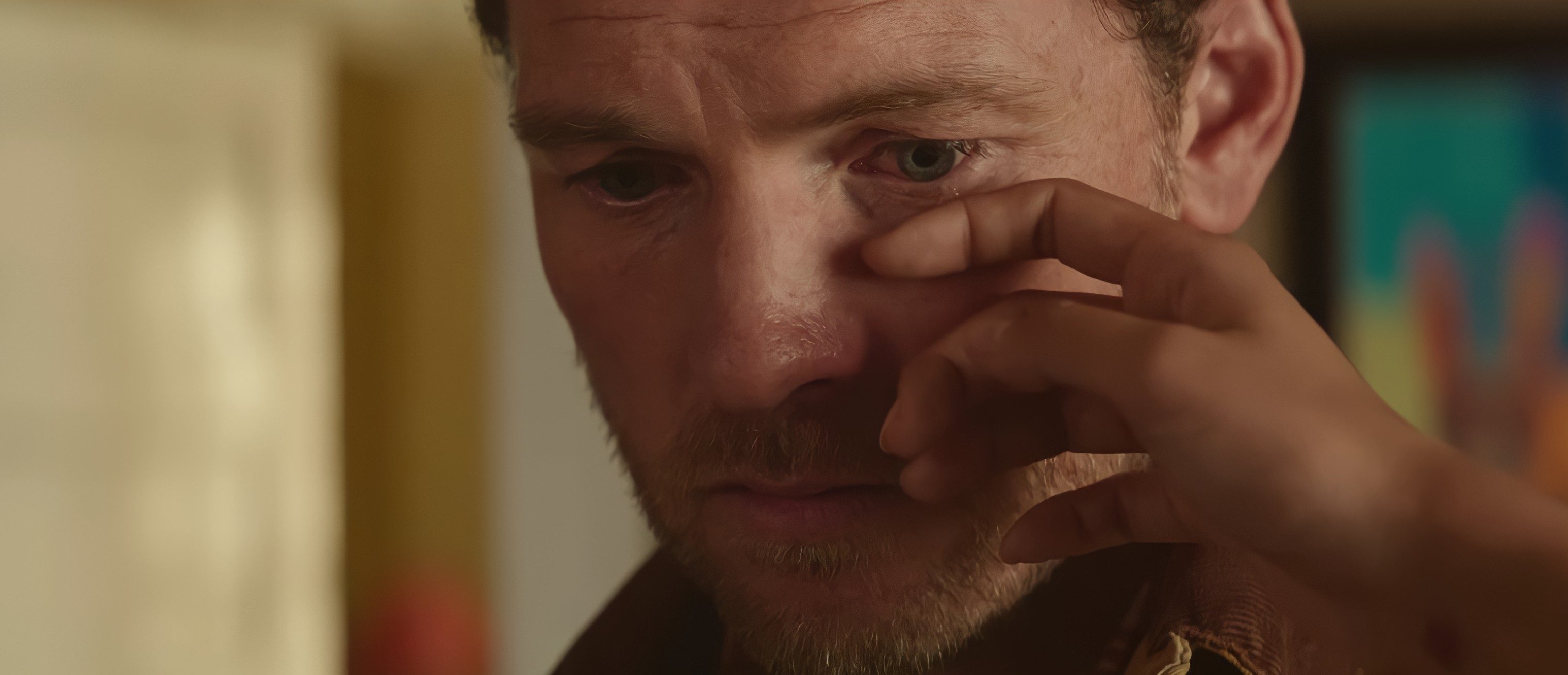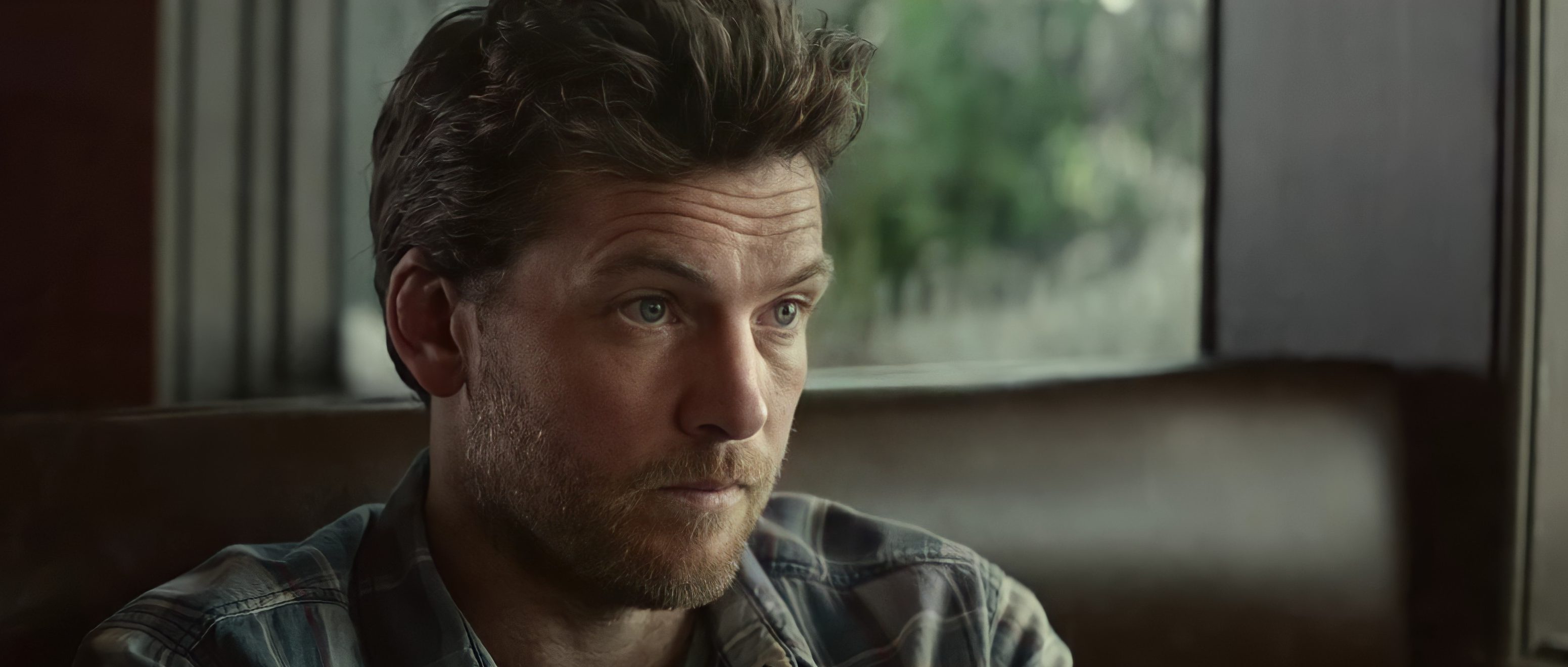Stuart Hazeldine’s 2017 drama film ‘The Shack’ follows Mackenzie “Mack” Phillips, who poisons his father as a kid because of the father’s abusive nature. In his adult years, Mack is living a contented life with his wife and children, but he gets devastated when his youngest child Missy becomes the victim of a serial killer.
The film progresses through the unforeseen events that ensue in Mack’s life from thereonout, who believes that his daughter’s death is a punishment for the murder of his father. As the grief and loss of Mack move the audiences’ soul strongly, one may wonder whether the characters and the poignant incidents Mack go through are indeed real. In that case, we have got you covered!
Is The Shack a True Story?
No, ‘The Shack’ is not based on a true story. The film is an adaptation of the eponymous novel written by William Paul Young, and it explores the various dimensions of human suffering and grief in the larger context of Christian beliefs.

“I was raising issues and asking questions… There were conversations [with God] about pain, loss, suffering, and being human. There was a dialogue. I started having notes, pages, and drafts on backs of napkins and grocery bags of these little conversations, and I piled them all up. I thought, what if I write a story about who’s asking these questions and why,” said William Paul Young about the genesis of the book to New York Post.
According to Young, the motivation behind devising the murder of Missy, Mack’s youngest child, was to introduce a plot device that can inflict the most possible pain to Mack for him to navigate his relationship with God. Mack’s conversations with God (Papa), Jesus, and Holy Spirit in the film and the book resonate with the questions asked by the author that lead him to write the book. While adapting the book to the film, director Stuart Hazeldine and screenwriters chiefly focused on the trajectory of Mack’s emotions and his relationship with Papa.
While the book weighs more on Mack’s suffering, Hazeldine’s film’s focal point is the question of who is God. According to the director, the film addresses human beings’ fundamental desire to meet the force that is identified as God. He looked at it as an oppurtunity to “humanize and personalize God in a visual way” to facilitate an easier conversation. Hazeldine also felt as though the movie showcased the “personality” of God.

Even though the film and the book are fictional, certain aspects of Mack’s characterization are influenced by William Paul Young’s life. The abuses Mack suffers are inspired by the author’s childhood. “I had a difficult relationship with my dad, who was very broken before the time I showed up. Sexual abuse was the dominant story of my childhood as early as 5 years old and continued at boarding school where I went when I was 6,” Young said to Oregon Live.
The intense pain Mack suffers was a way for the writer to navigate through his suffering. “The loss between Mack and Missy in the book was the loss between me and the child within me,” Young added. Even as a fictional tale, ‘The Shack’ succeeds in addressing some of the harrowing realities of human life. The film excellently portrays human beings’ unceasing conflicts with loss and suffering and the ambiguous relationship with faith and beliefs, bridging its fiction to the realm of reality.
Read More: Where Was The Shack Filmed?


You must be logged in to post a comment.